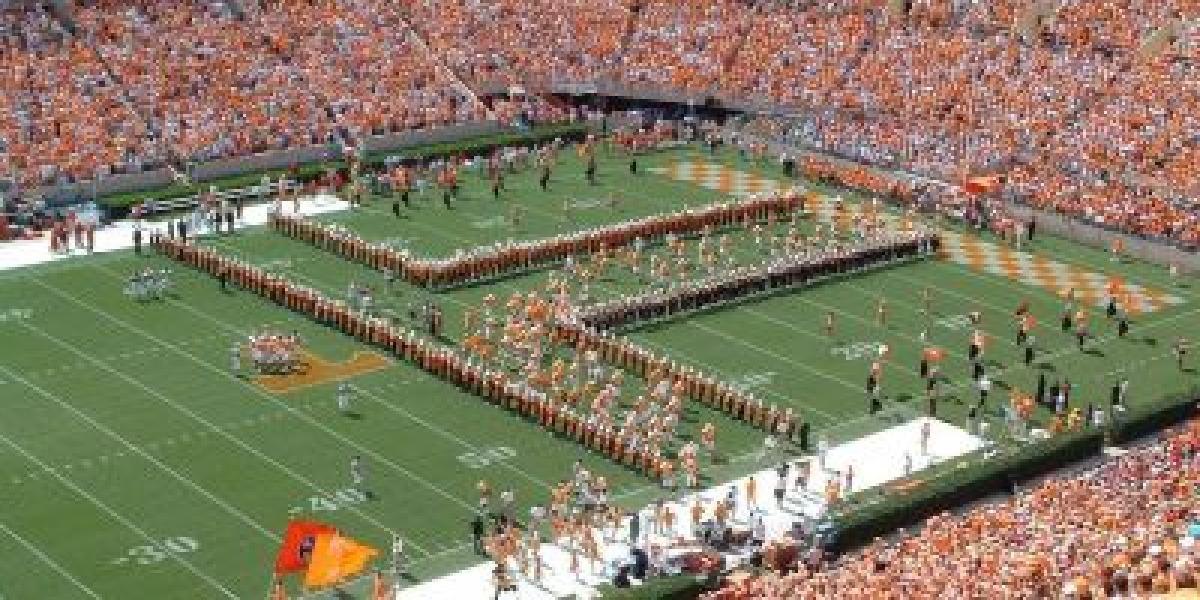The "Volunteer State" moniker originated during the War of 1812. General Andrew Jackson, a Tennessean himself, led a massive contingent of over 1,500 volunteers from the state to fight the British at the Battle of New Orleans. This act of selfless service cemented the state's reputation for producing courageous volunteers. The spirit was further solidified during the Mexican-American War, where Tennessee, upon President James K. Polk's call, sent over 30,000 volunteers, significantly exceeding the requested number.
The University of Tennessee, established in 1794, adopted the "Volunteers" nickname sometime around 1892. The exact origin remains unclear, but it likely coincided with the rising prominence of the university's football program. Newspaper articles from the era occasionally referred to the Tennessee team as "the Volunteers." A definitive turning point came in 1902. After a thrilling victory over Georgia Tech, an Atlanta newspaper dubbed the Tennessee team "the Volunteers," solidifying the association between the university's athletics and the state's spirit.
The mascot story unfolded later. For decades, Tennessee lacked an official mascot. In 1953, a student contest aimed to change that. Blue Smokey, a Bluetick Coonhound, emerged victorious. The breed's hunting heritage resonated with the state's outdoorsman culture, and Blue Smokey's energetic personality perfectly embodied the spirit of Tennessee athletics. Over the years, multiple Bluetick Coonhounds have served as Smokey, each carrying on the tradition with enthusiasm.
Today, the Volunteers and Smokey remain inseparable symbols of University of Tennessee athletics. The "Rocky Top" fight song, with its references to "the smokey mountains rolling by," further strengthens the connection between the mascot, the nickname, and the state's identity. The spirit of volunteerism, courage, and unwavering determination continues to resonate with Tennessee fans, making the orange and white clad Volunteers a beloved force in college sports.




